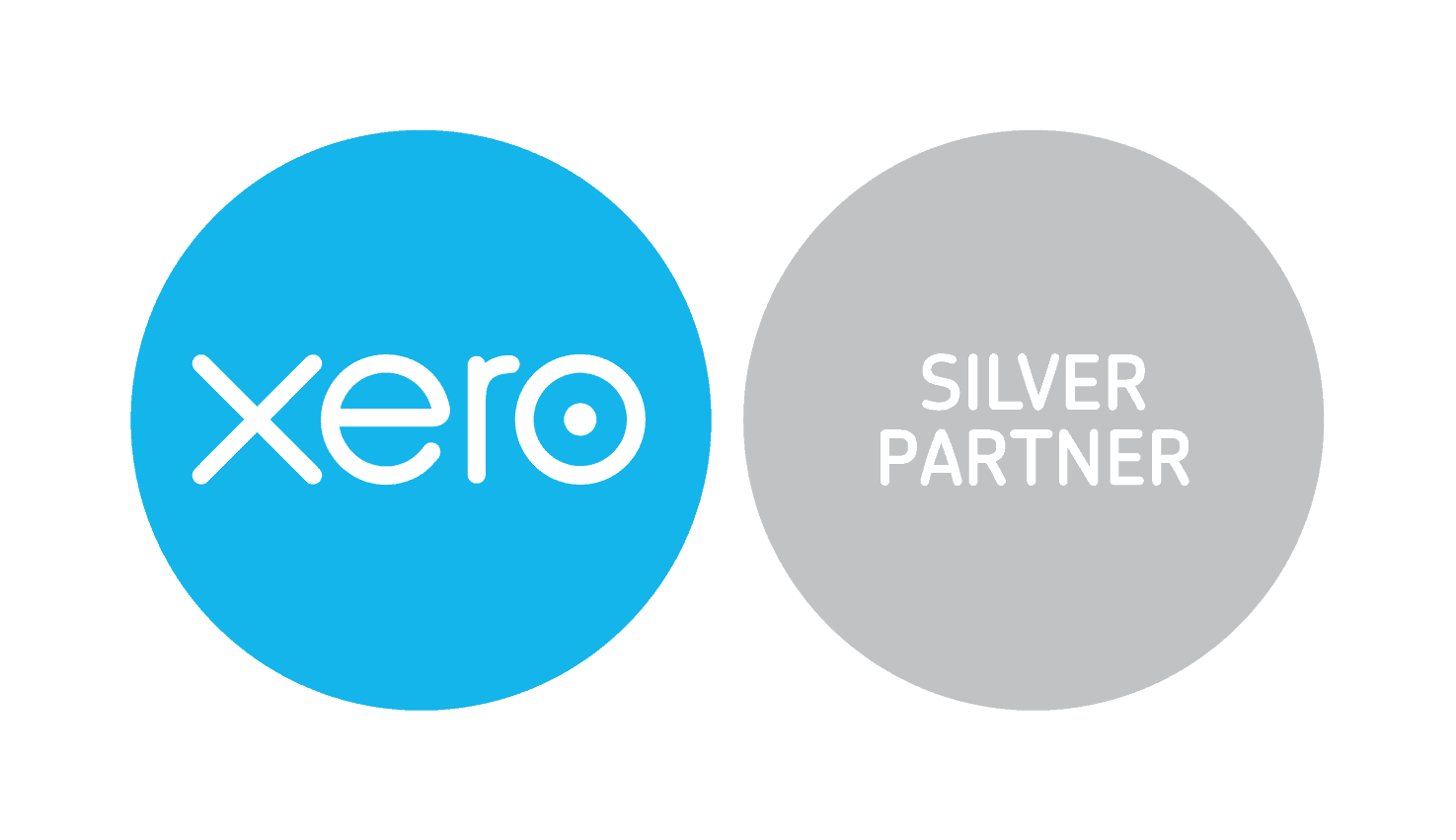
Wow, what a year. With tax season now in full swing, we wanted to drop in to make sure you’re up to date on the updates that might be relevant for you as you prepare your returns.
Reporting Venmo, CashApp, or PayPal Payments Over $600
Let's start with a slight change that should not cause you too much trouble but is essential! For 2021 taxes, the Internal Revenue Service (IRS) requires all payment processors in the U.S. to provide information on their customers who receive payments for goods or services. This includes third-party settlement organizations.
What are third-party settlement organizations? We’re glad you asked. They are apps like CashApp, Venmo, and PayPal. While the IRS doesn’t care if you split a bill with your besties at brunch, they do care if you paid contractors or got paid for goods or services.This does not apply to your personal accounts, only to business. We highly recommend that you have two separate accounts one for personal use and one for business. Be on the lookout for a 1099-K, because you now have to claim anything over $600 as part of your revenue, you can often find this in your account online!
Charitable Deductions Are Now Open to Everyone
Some fun and heartwarming news! In the past, if you didn’t itemize your tax deductions, you didn’t get any additional tax savings for your charitable donations. But that changed in 2020, and the IRS has extended that change into the 2021 tax return year. If you gave to your local animal shelter, food bank, or other philanthropic organization, you can now deduct up to $300, even if you choose to take the standard deduction! If you are legally married, you can deduct $600 in donations!
Child Tax Credit Reporting
If you have kids, you might be receiving advanced Child Tax Credit payments (AdvCTC). While these payments are not considered or reported as income, they are regarded as advanced payments of your tax year 2021 Child Tax Credit. The IRS will send you a letter stating how much you received as part of your AdvCTC. If you already have an IRS account set up you might be able to find this info there. Keep this letter; you will need it to do your taxes this year. You will need to reconcile what you received with what you could be owed and file a Schedule 8812.
100% Deductions for some Business Meals
Everyone loves a good business dinner, and we have some good news this year. With the passage of the COVID-19 Relief Bill back in December of 2020, businesses are now allowed to deduct 100% of business meals! The standard deduction not under the Covid-19 Relief Bill rate is 50%. The change to 100% is slated to last for the 2021 and 2022 business years. The primary goal behind this change is to help stimulate the restaurant industry. This change covers in-office meals during meetings, meals during business travel, meals at seminars or conferences, and client meals. It is important to note these deductions are for non-entertainment meals provided by a restaurant that is not "lavish or extravagant."
Stimulus Payment Reporting
This year the IRS will be issuing Letter 6475. This letter, titled "Your Third Economic Impact Payment," is used to determine if you are entitled to or should claim a recovery rebate credit on your tax return. A recovery rebate credit is a credit for anyone who was not eligible for the third economic impact payment or did not get the full amount. If you get a recovery rebate credit, it will be put toward any taxes you owe or be included in your refund. So, you will want to report how much you received or didn't in the third stimulus payment.
Deferral Limits on 401(k) and IRS Plans See No Change
For the 2021 tax season, you will not see any changes to the deferral limit for 401(k), SIMPLE 401(k)s, or IRS plans. A deferral limit is the maximum amount of money you can take out of your paycheck and put towards a 401(k), SIMPLE 401(k), or IRS plan, without paying income taxes (i.e., deferring the taxes until retirement). The deferral limit for a 401(k) is now $19,500 (same as 2020), and the limit to SIMPLE 401(k) and IRS plan is now $13,500 (same as 2020).
Contribution Limits for Traditional IRA and Roth IRAs See No Change
Since 2019, the contribution limit for a traditional IRA or a Roth IRA has not changed from $6,000. The contribution limit is the amount of money you can put into your IRA account. Note if you have both a traditional IRA and a Roth IRA, the maximum amount you can put in either account is a total of $6,000 (not $6,00 per account). If you happen to put in more than $6,000, do not panic; withdraw the excess before filing your taxes.
Best of luck as you file your taxes this year. We hope these updates help make things straightforward and painless! As always, Bear Financial Solutions is here with a holistic approach to finance. If your company needs a little extra help, book a quick call with us to chat about how we can help!





